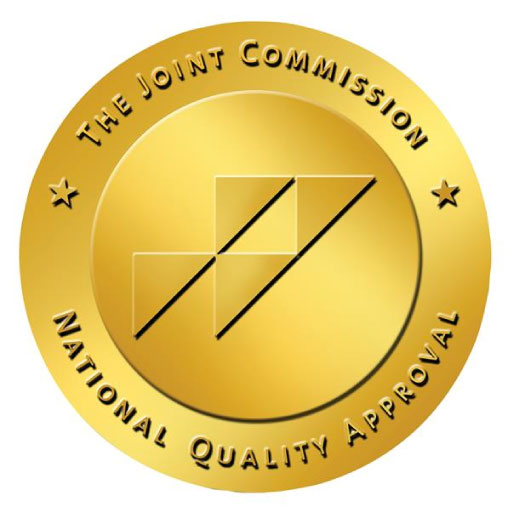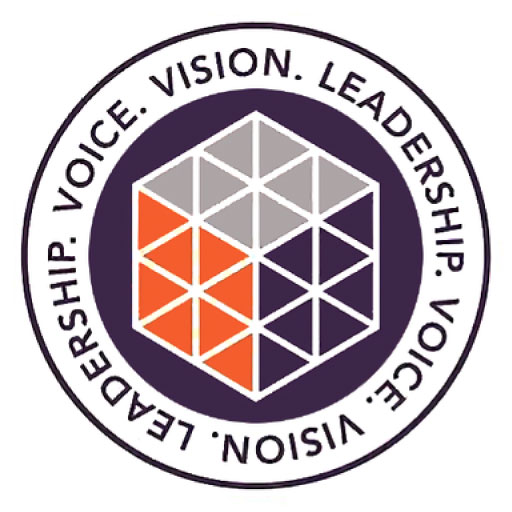While the specific goals of addiction treatment are different for everyone, the overarching objective is to sustain recovery. However, a single course of treatment is not always enough to prevent relapse, which has a rate of up to 60% within the first year of treatment. Although relapse is common, it can put your freedom, relationships, career, finances and life in jeopardy. The relapse prevention model is an approach to treatment that brings awareness to relapse risks and aims to reduce their chances of happening.
We Understand the Obstacles
At Renewal Lodge we teach you more than how to get sober. We retrain your brain so you can stay sober. Discover Mindfulness in Recovery.
Take charge >
What Is the Relapse Prevention Model?
The relapse prevention model was developed in the 1980s and is regarded as an essential innovation in the field of addiction recovery. It draws from principles of cognitive behavioral therapy, or CBT, and social cognitive theory to identify factors that precipitate relapse and develop skills for coping with those circumstances. In other words, the relapse prevention model helps you keep up the healthy behavioral patterns that you develop during treatment.
One of the most important characteristics of the relapse prevention model is that it focuses on long-term recovery. It evolved as a way to provide continued motivation for maintaining sobriety.
Relapse prevention strategies are often incorporated into addiction treatment programs that use CBT. These approaches focus on the following relapse determinants:
- Self-efficacy – The belief that you can carry out behaviors that are necessary to sustain sobriety
- Outcome expectancies – The anticipated negative or positive outcomes of a particular behavior, such as using again
- Emotional states – Negative mood states, such as loneliness, tiredness, boredom, anger and depression, are associated with relapse
- Coping – The strategies that you use to manage stressful and high-risk situations
- Craving – The desire to use a drug that are brought on by internal and external cues
- Motivation – The stimulus to act toward a positive outcome vs. a negative one
- Interpersonal determinants – Social support from friends, peers, colleagues and family members
What Are the Main Principles of the Relapse Prevention Model?
The relapse prevention model relies on the idea that relapse is a gradual process that begins before a lapse and ends after the individual returns to using substances. Understanding this helps you recognize the stages of relapse so that you can intervene as early as possible, when treatment is most effective.
Personal growth is vital for recovery and occurs in stages. Celebrating developmental milestones along the way enhances self-efficacy and reduces the risk of relapse in each stage.
CBT teaches you skills for changing unhelpful thinking patterns and adopting behaviors to manage negative emotional states and cravings. Being able to rely on yourself when life gets challenging boosts your confidence and agency, further reducing the likelihood of relapsing.
You don’t avoid relapse simply by abstaining from drugs. Once you’re in a situation where you have to decide between using and not using, it may be too late. The relapse prevention model emphasizes the importance of changing internal and external factors in your life, such as your environment, the way that you seek fulfillment, the friends with whom you engage and the manner in which you cope with distressing emotions. Incorporating self-care and seeking support are also lifestyle changes that can prevent a relapse.
Relapse Prevention Model Strategies
The strategies that are used in relapse prevention are often unique to the individual. However, the underlying goals of these strategies are similar.
Identifying High-Risk Situations
Understanding the difference between high and low-risk situations builds your awareness of potential triggers. It also allows you to develop realistic outcome expectancies. You’ll explore past triggers and consequences of specific circumstances. You’ll also identify warning signs, track the patterns that lead to cravings and practice skills for managing these conditions.
Boosting Self-Confidence
Addiction can make you feel like you have no control over your life. This generates low self-esteem, apathy, anxiety and fear. In turn, those negative emotions increase the risk of relapse.
As you move through the stages of recovery and learn new skills, you’ll have a newfound sense of confidence. Your fear will be diminished because you will learn to recognize and predict the way that you respond to the world around you. Self-assurance assists in maintaining a positive outlook and making healthy decisions.
Constructive Thinking
One of the reasons that people use substances even though they are aware of the dangers and risks is that they have erroneous or self-destructive thought patterns. Here are some examples of negative thinking:
- Other people have caused the problems in my life.
- Life will be boring without substances.
- I can’t make new friends.
- I don’t have time for treatment.
- I’ll never be able to maintain my sobriety.
- No one will find out if I use occasionally.
It’s more comfortable to align with your self-talk than to work against it. Therefore, if you are telling yourself these limiting beliefs, you are more likely to act on them than if you engage in positive thinking.
Cognitive restructuring is a method of reframing your thoughts so that they’re more positive and productive. When you say things such as, “I’m responsible for my substance abuse disorder, and I can change it,” you’re more likely to take actions that support that thought process.
Planning for Emergencies
You can’t control everything in your life. Regardless of your recovery stage, you may suddenly struggle to avoid using drugs or alcohol. The relapse prevention model encourages you to prepare for these situations. Although you can’t forecast exactly what will happen, you can set yourself up for success in triggering and volatile circumstances.
Learning From Setbacks
It’s easy to feel guilty and ashamed when you experience a craving or lapse. But judging and criticizing yourself keeps you in a negative spiral, which can contribute to a full-blown relapse. Even if you do relapse, you haven’t failed.
An essential part of the relapse prevention model involves looking for growth opportunities. Everybody experiences obstacles in life. The skills that you learn from relapse prevention will help you learn from every obstacle so that you can adjust your treatment plan and learn techniques that are effective for you.
Do you still have questions about what is the relapse prevention model? If so, contact us. We use CBT and other relapse prevention strategies to provide a well-rounded approach to treatment that will end the cycle of relapse for good.






